The significance of small Mediterranean islands as obligatory refueling sites underlines new study
Published in the latest issue of Animal Migration, a new study by the University of Ioannina and the Antikythira Bird Observatory, HOS/Birdlife Greece, underlines the significance of small islands and coastal areas in the Mediterranean as obligatory refueling sites while their conservation value for migratory birds is highlighted under the perspective of climate change.
Migration is indeed the most energy-demanding task in a bird’s life cycle. When facing the Sahara Desert, a bird can cross it by intermittent flight, whereas the Mediterranean Sea must be crossed in non-stop continued flight. Small and large islands scattered in the Mediterranean Sea are often the first stopovers available for rest and refuel that migratory birds encounter after crossing the Sea and the desert.
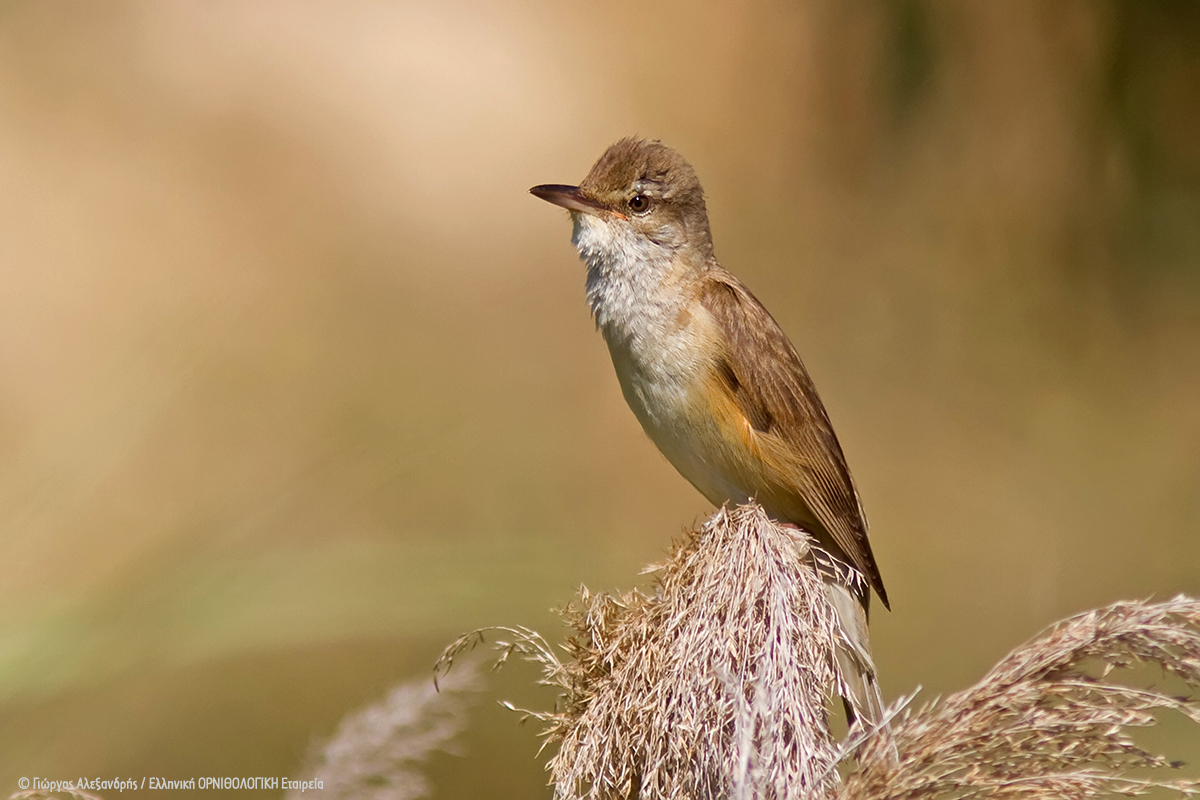
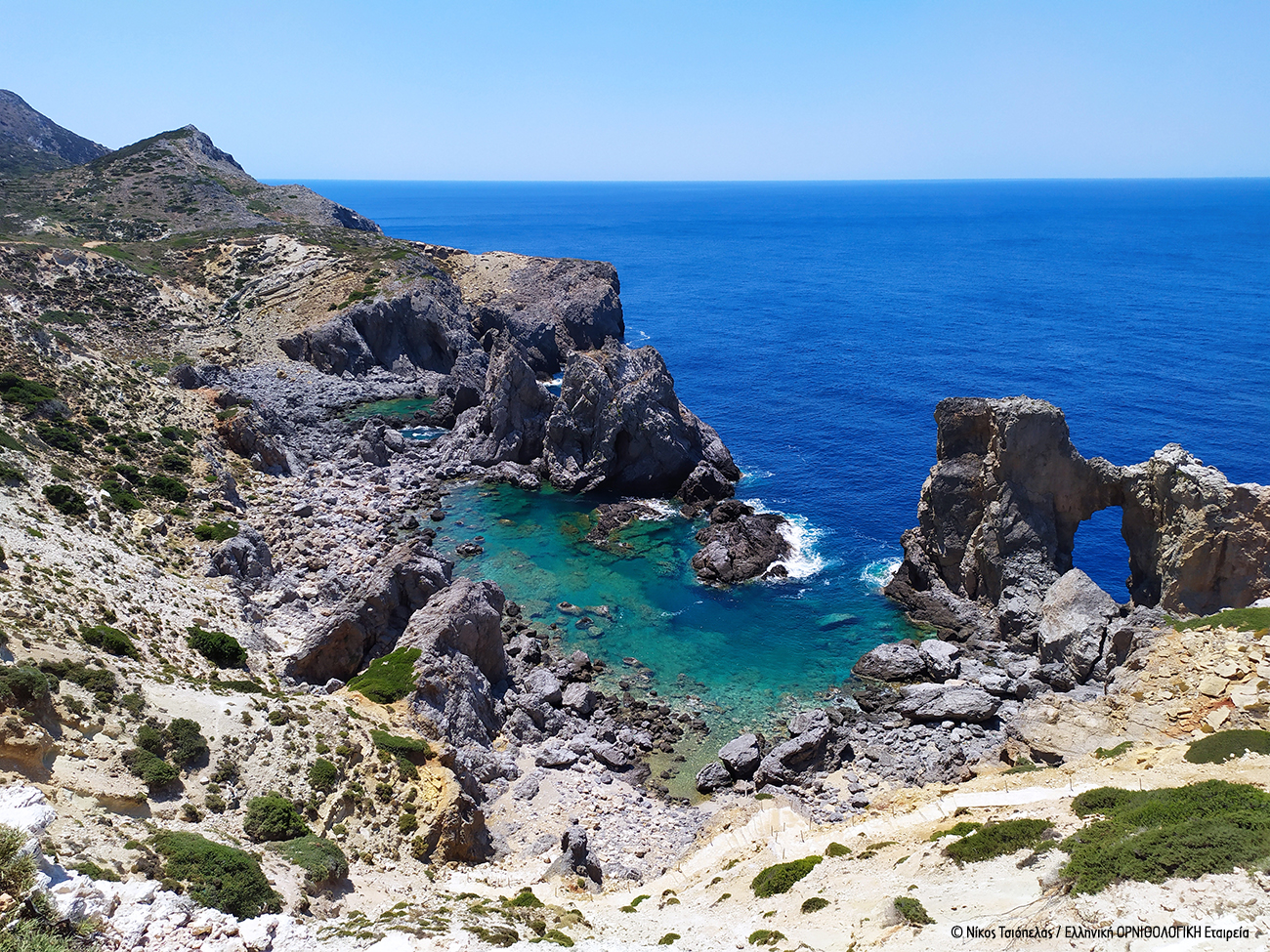
Using empirical data coupled with avian flight models and ringing data, researchers were able to calculate the lean body mass of birds captured after having crossed vast ecological barriers to then estimate the percentage of birds of the studied species that would not be able to resume their migration without refueling on any of three small Greek islands: Gavdos, situated in the Libyan sea, Strofades in the Ionian Sea and Antikythira, where the Antikythira Bird Observatory is based in the Aegean sea.
The researchers estimated that almost 185 million birds of the studied species would migrate through Greece during spring. Of those, the proportion of birds from different species that would not be able to continue their migration unless they performed an obligatory stopover at one of these three insular stopover sites, was calculated at 14% or almost 30 million.
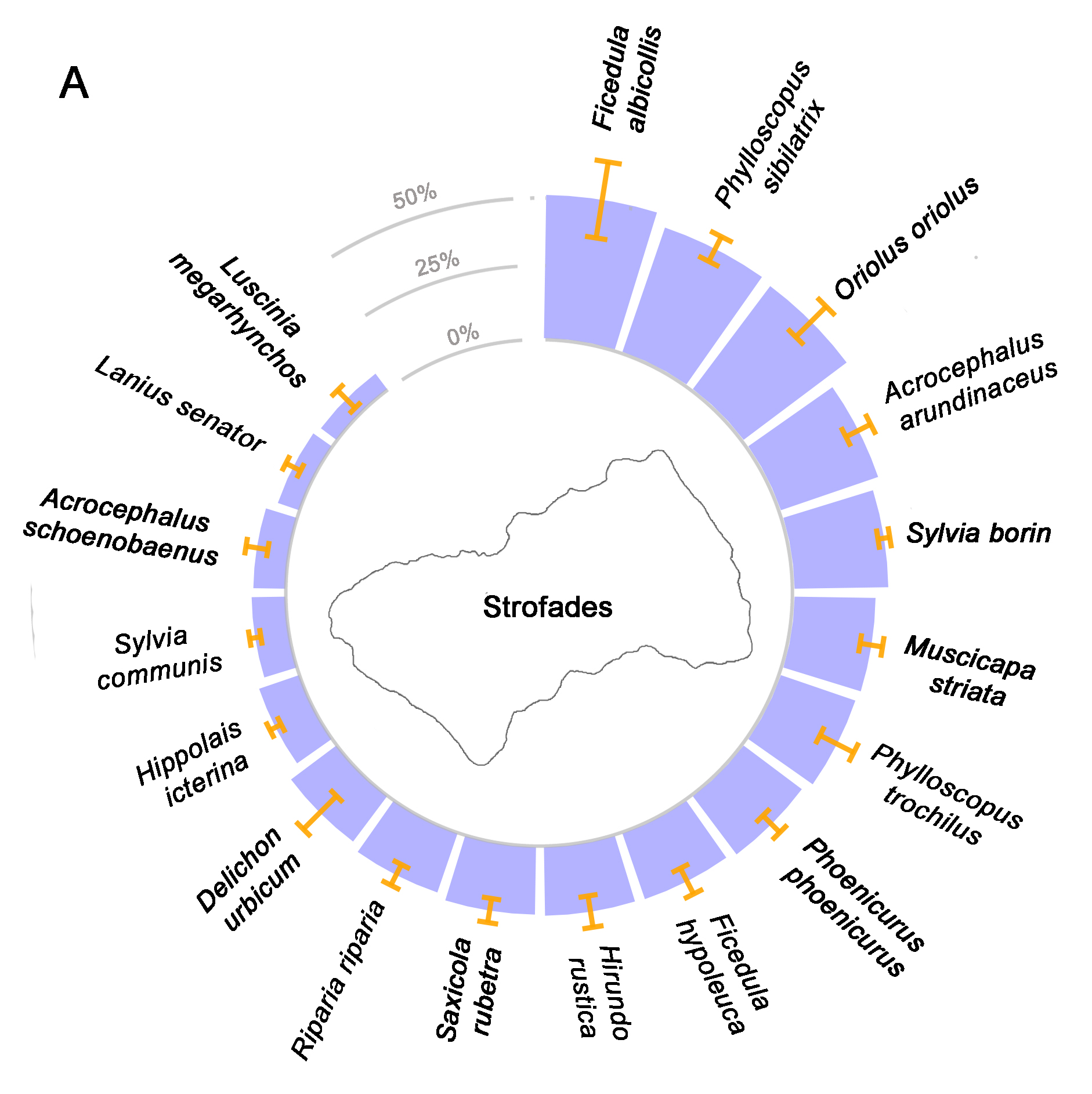
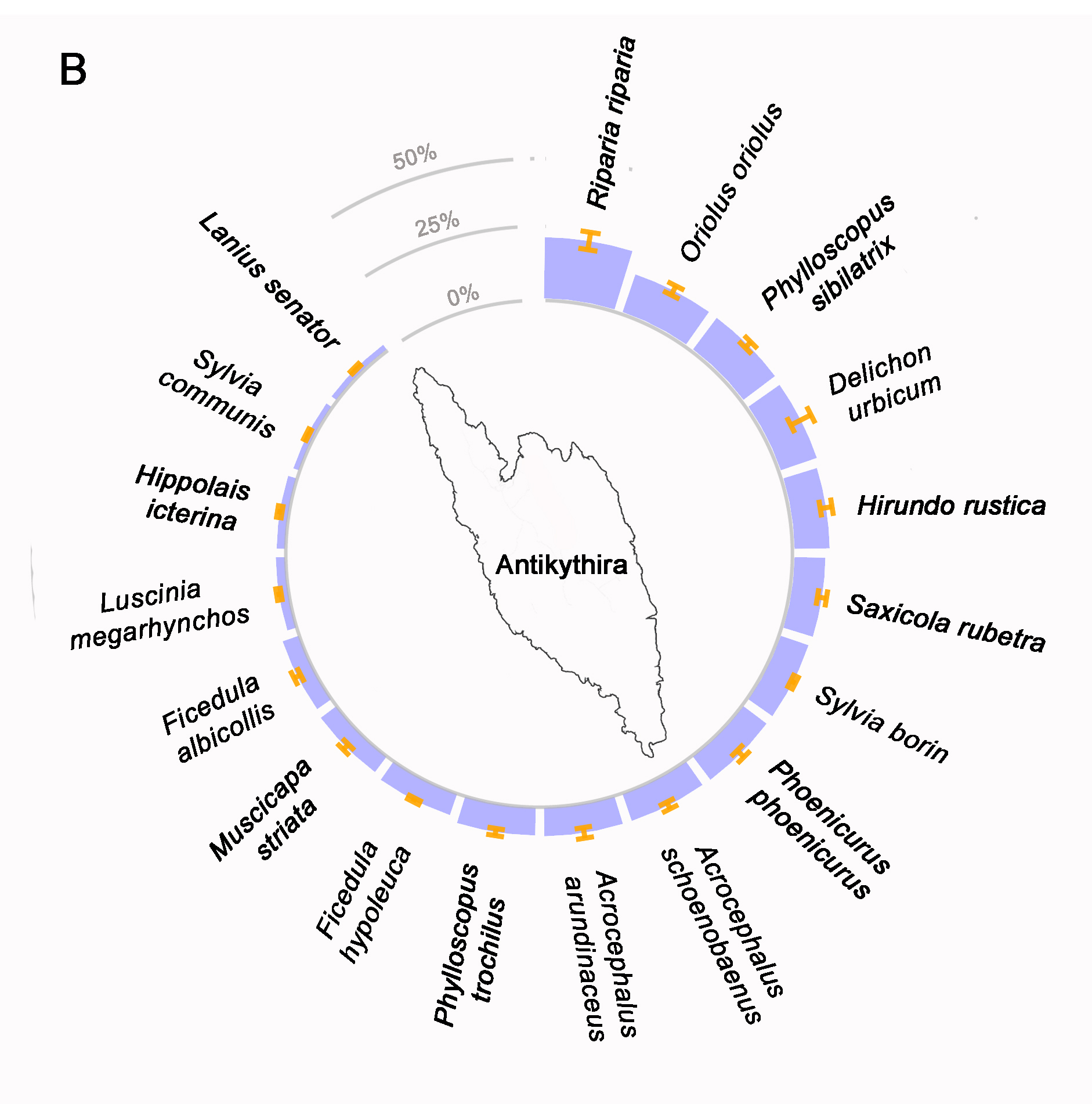
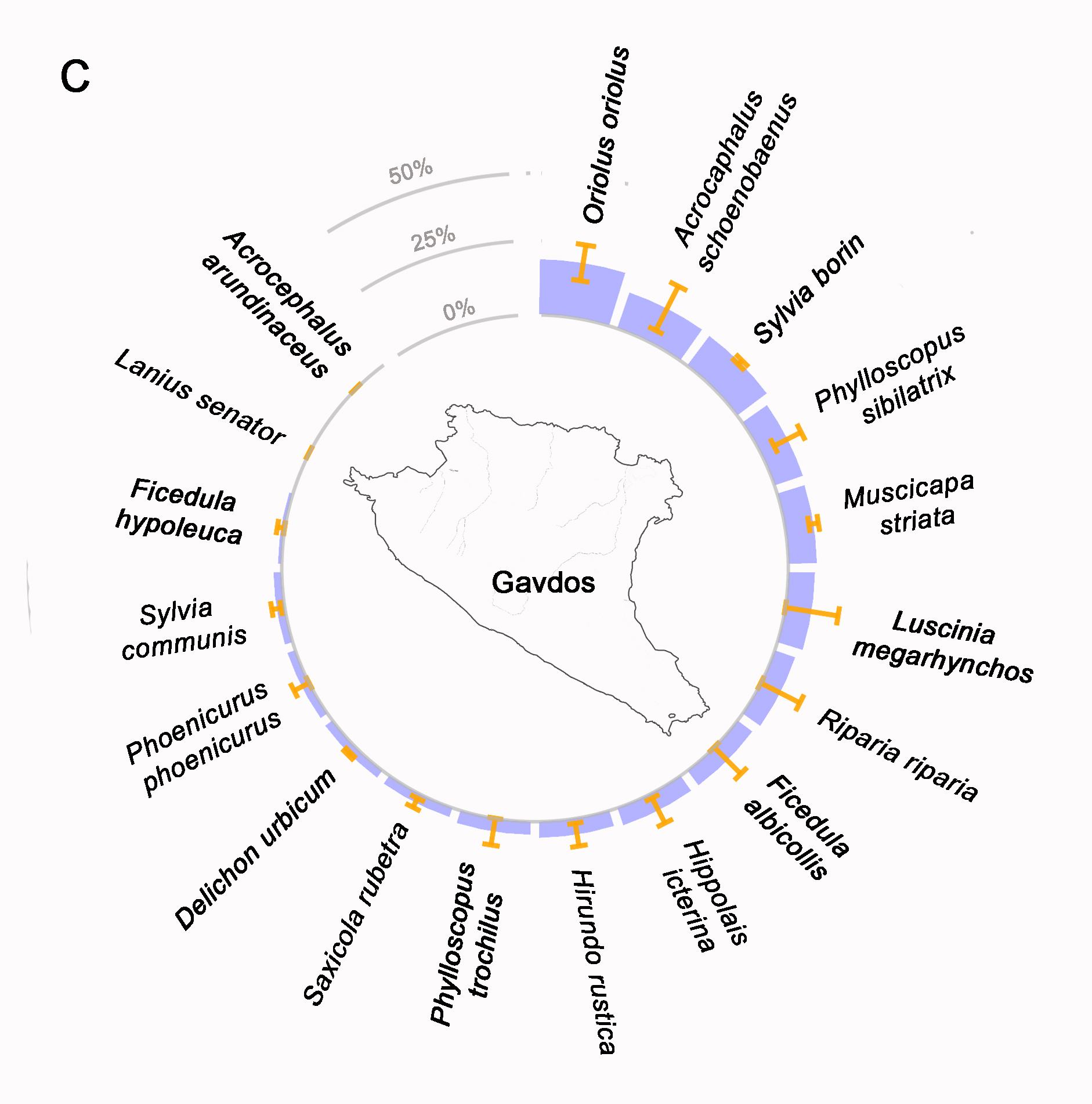
With the Willow warbler (Phyllo-scopus trochilus), the Barn swallow (Hirundo rustica), the Common whitethroat (Sylvia communis) and the Wood warbler (Phylloscopus sibilatrix) altogether accounting for almost 60% of the birds estimated by the study, it is no surprise they were among the species with the largest number of birds that need to undertake an obligatory stopover after the Mediterranean crossing.
These findings point to a potentially alarming increase in bird mortality, as many migratory bird species may or may not successfully adapt to even small changes on these island habitats as those expected from increased global warming but also underline the importance of on-going monitoring projects to further understand the evolutionary mechanisms through which climate change will affect individuals and populations.
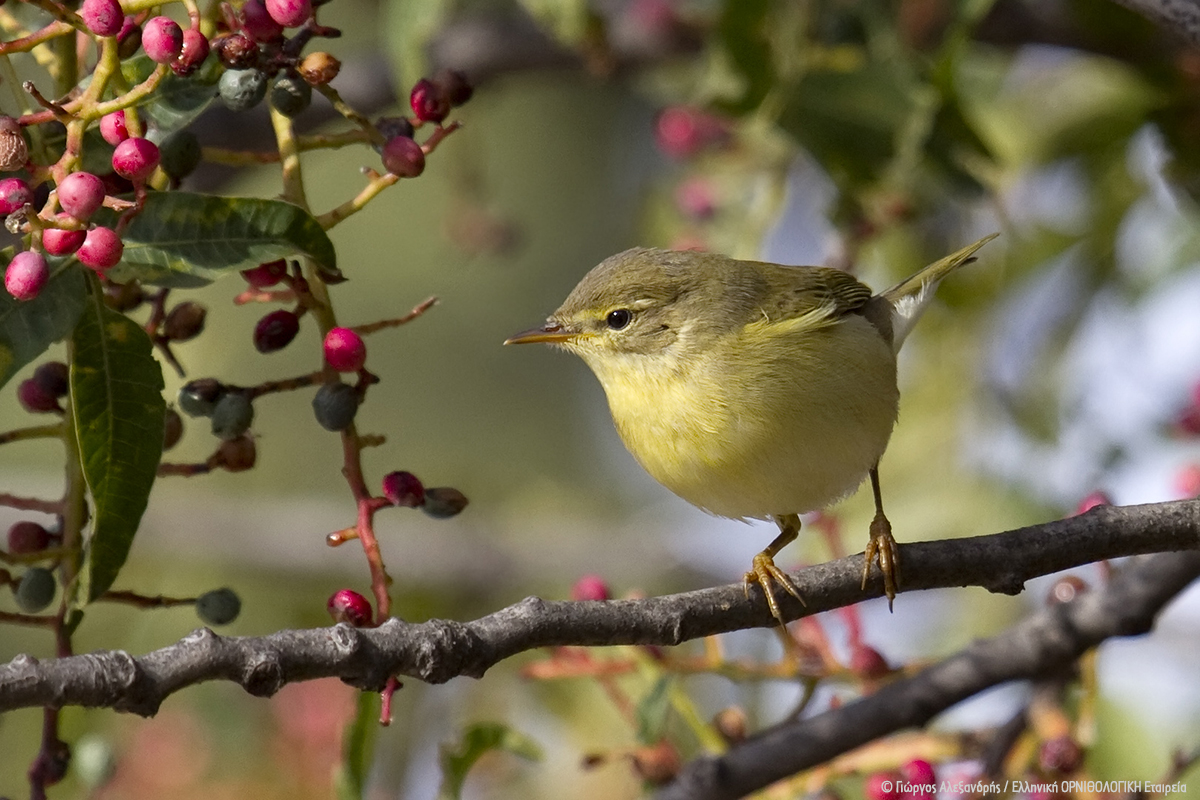
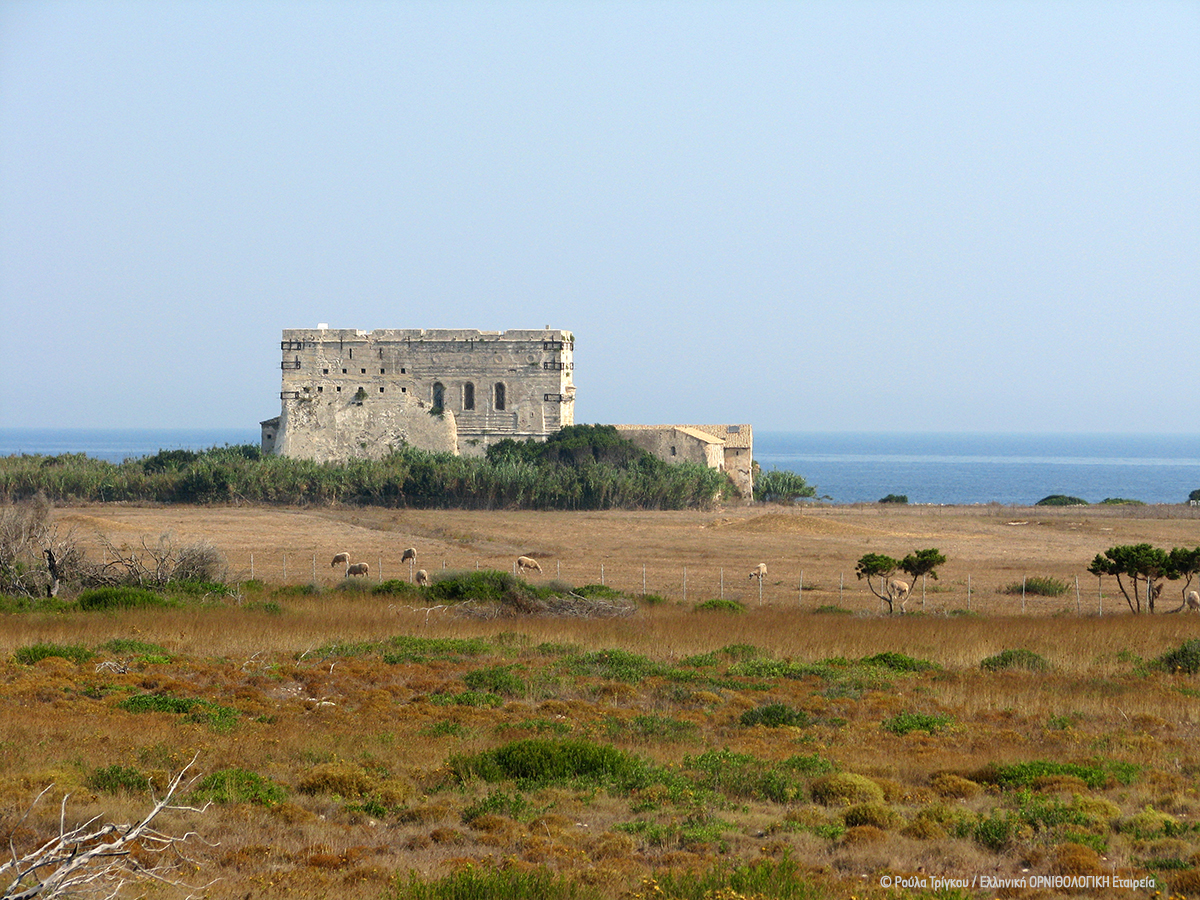
This research is part of ROUTES Project supported by the Hellenic Foundation for Research and Innovation (2nd call for H.F.R.I. Research Projects to Support Post-Doctoral Researchers). ROUTES is hosted by the Department of Biological Applications and Technology at University of Ioannina and runs in collaboration with the Hellenic Ornithological Society (BirdLife Greece).
To access the full text, click
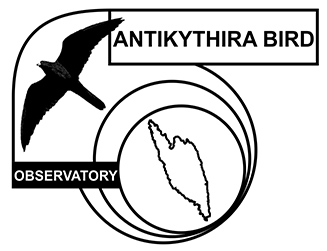
1. The Antikythira Bird Observatory (ABO) is, up to date, the only bird observatory in Greece. It is run by the Hellenic Ornithological Society / BirdLife Greece and operates on the island of Antikythira, the wider marine area surrounding the island, as well as on the two adjacent islets of Prasonisi and Lagouvardos.
The key objective of the Observatory is the monitoring and study of bird migration with a focus on the protection and conservation of migratory birds at a national and international level. Other objectives include: to provide banding, research, and learning opportunities for international biologists and students as well as the support of research in Life Sciences studies, conducted by third parties within the Observatory's operating area.

2. The "ROUTES" research program is hosted by the Department of Biological Applications and Technology at University of Ioannina and runs in collaboration with the Hellenic Ornithological Society (BirdLife Greece).
For more information: https://routes.project.uoi.gr



